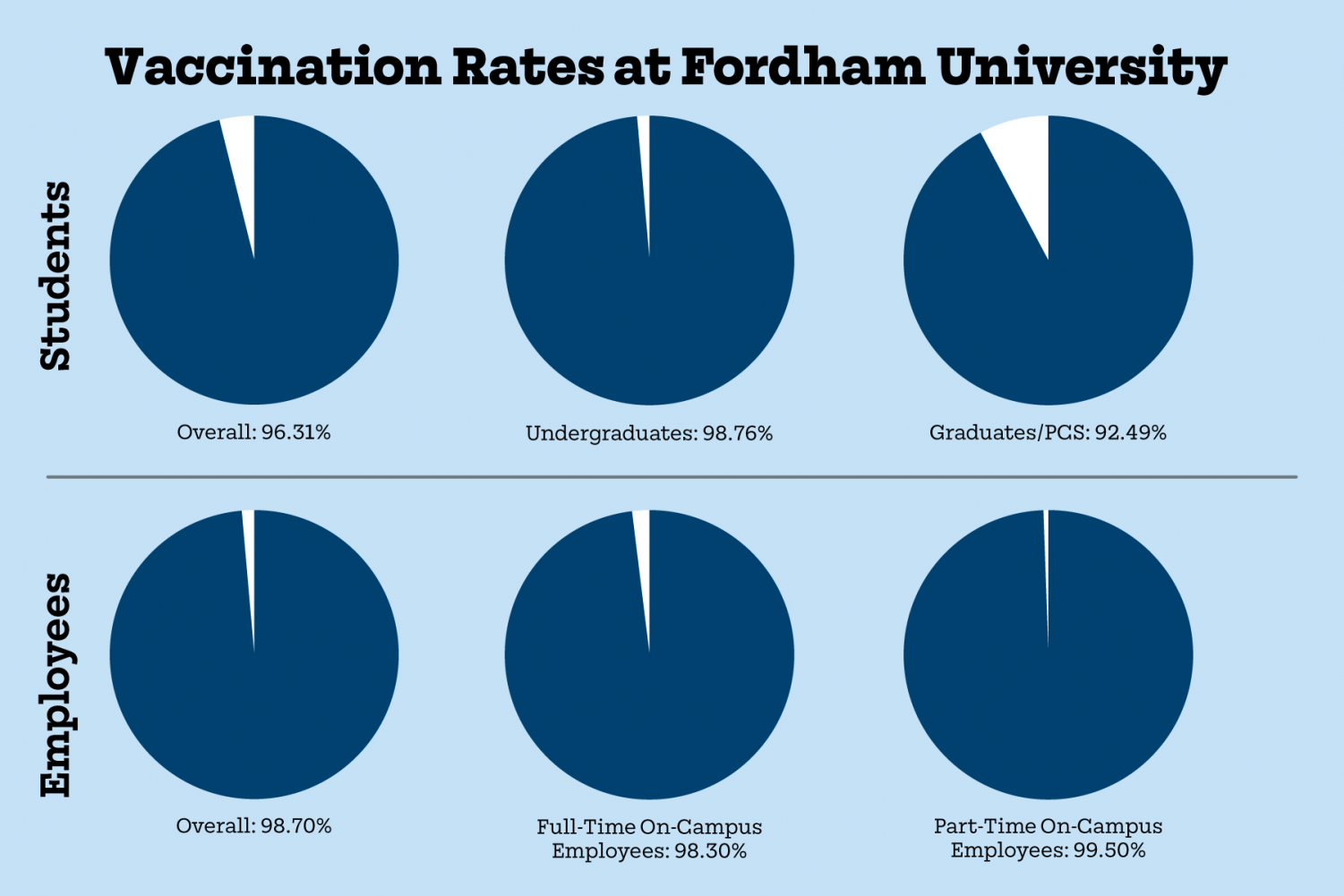Testing Positive and the Repercussions
September 24, 2021
An anonymous junior shared their experience after they and three of their suitemates received positive COVID-19 results.
“It’s hard enough to process that you have COVID, but having to sit down and be like ‘Yeah so a few of us have this and none of us know who gave it to who or where we got it’ was just so strange,” they said. “I wasn’t angry — none of us were. We all just wanted to support each other.”
If a student tests positive, they will be required to isolate for 10 days. The location of their quarantine will vary depending on whether the student is a commuter or resident.

“There are many different ways to isolate — people can isolate in their homes if that is what they choose to do, and many commuters will probably do that because they commute anyway,” Carroll said. “They may need us to even isolate them here even though they are commuters. Everybody is different.”
The anonymous junior was allowed the option to quarantine at home given that they lived within the tri-state area. ResLife remained in touch with the student to develop a plan for their quarantine period.
“They spoke with me about the necessary steps to take back home, ensured I had my own room, access to a bathroom just for myself, etc. I was very lucky to be able to go home to quarantine,” the junior said.
Those who have been exposed are struggling to understand the next steps to take.
An anonymous sophomore who went into quarantine after testing positive for COVID-19 stated that they were given instructions to take as much food as they had in their dorm since they did not have a meal plan and would not be provided free meals by the school. On a daily basis, students without meal plans can pay $40 to receive one hot meal and one large order of snacks, according to University Dining Liaison Deming Yaun.
Once in quarantine, they were able to order groceries that ResLife would deliver to their door. The student said the only things provided for them in quarantine were sheets and trash bags.
As students are testing positive, those who have been exposed are struggling to understand the next steps to take.
The student said UHS did not seem concerned that they had not been informed of their exposure until a week later.
One anonymous junior shared that they contacted UHS after experiencing symptoms, but they did not hear back until much later.
“Health services was the last person to reach out to me which I found odd. I called them first and they told me to go to my room and sit and wait for further instructions,” the student said.
The student said UHS did not seem concerned that they had not been informed of their exposure until a week later and told them to get tested at any time, according to the student.
The anonymous junior who quarantined off-campus reflected on the policies and procedures put in place last year in comparison to the current requirements for COVID-19 testing.
“I wish Fordham would bring back intermittent testing,” they said. “I would not have known I had COVID if I hadn’t actively looked to get treatment when I was sick.”
Conflicting policies for getting tested, questions about quarantining and a general lack of communication from the administration have continued to confuse Lincoln Center students. As cases rise, students remain worried and wonder if Fordham will adapt its policies to mitigate the infection rate.
Joe Kottke and Chloe Zelch contributed additional reporting to this story.